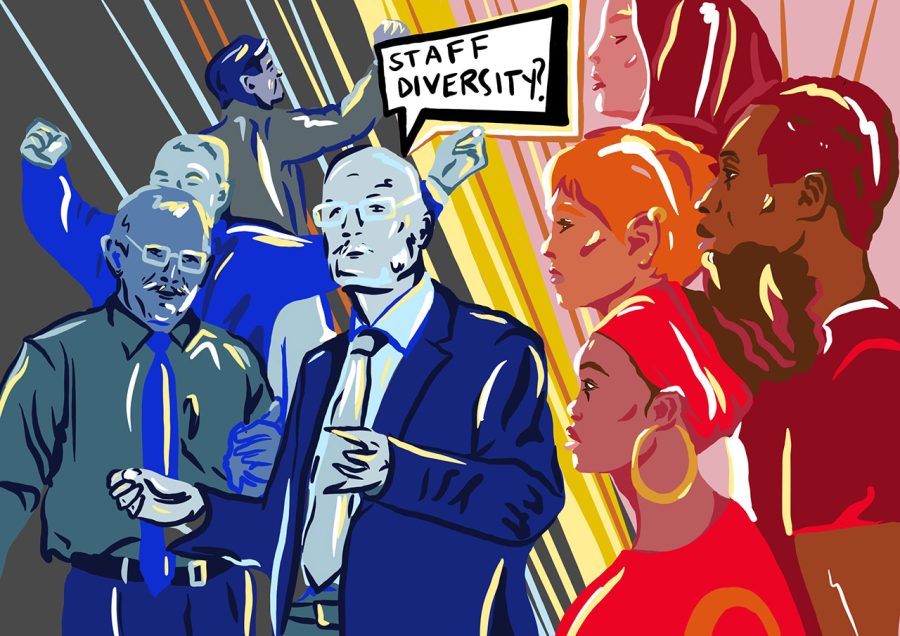OPINION: What it means to be a Black student on Loyola’s campus
September 17, 2022
Being a Black student at a predominantly White institution is not an easy task. My mom always told me that as a Black woman in America, I had to work ten times harder than my White counterpart.
When I came to Loyola in 2019, I quickly realized how heavily involved Black students were on campus. Students like Freedom Richardson, Zontré City, and Praise Tilman paved the way for Black students at Loyola.
They represented students in SGA, brought Homecoming back to life, and chartered organizations like Lemon Pepper and Loyola Pre-Law Society to help students succeed in life after Loyola. They encouraged me to speak my mind, advocate for change, and get involved on campus so my voice could be heard and respected.
As a Black student leader at Loyola, I’ve experienced the good and bad. At times, I’ve felt appreciated. At others, I’ve felt ignored or overlooked by Student Life & Ministry staff and upper administration.
I’ve dedicated countless hours to Loyola. Over the past four years, I have been a part of more than 15 student organizations, organized multiple campus initiatives, and been a student-intern for President Tania Tetlow, all with the goal of serving students and elevating the student experience at Loyola.
Loyola prides itself on having a diverse student body but lacks diverse professional staff and faculty to support its growing student population. Each year I’ve seen amazing Black professional staff leave Loyola. I’ve watched people like Pat Reynolds, Heather Malveaux, JaQuille Collins and Dale Hall work overtime to ensure BIPOC students felt supported and valued in various parts of student life.
As more and more Black professional staff left Loyola, I noticed how Black student organizations and other Black student leaders feel neglected by SLM. I’ve been told stories of Black students feeling micro-aggressed by professional staff on service immersion trips. I’ve also witnessed Black students get purposely low scores by professional staff for positions on the SGA executive cabinet.
Moments like these make me question if the time and energy I give to Loyola is even worth it, but then, I remember the promise I made to myself when I was a freshman in 2019: “Make the most of college, and leave Loyola better than you found it.”
I see the energy and drive of the class of 2026, and it gives me hope. I hope that as Loyola continues to grow, more students will continue to speak their minds and change Loyola for the better.







